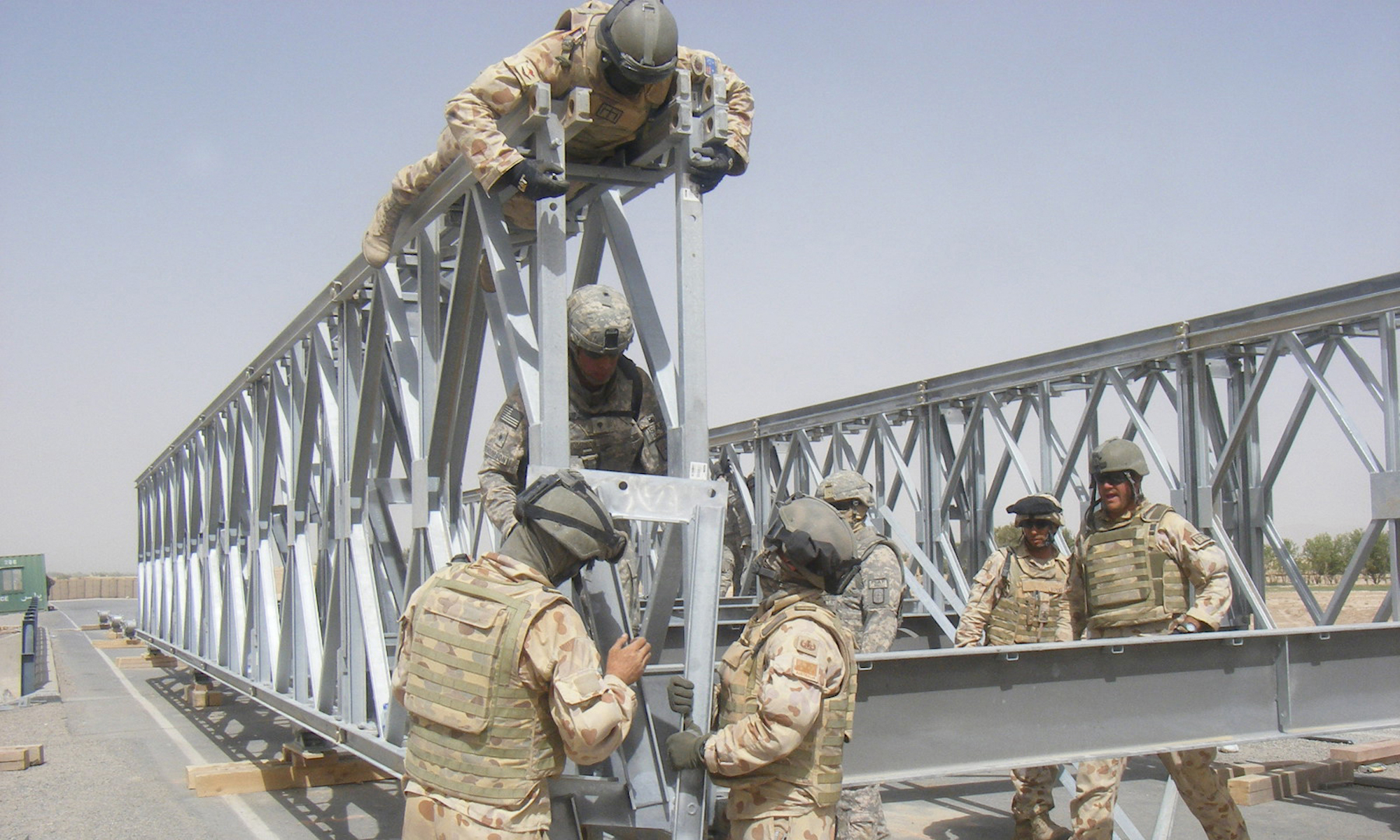Increasing emphasis is being given to truth commissions in efforts to achieve transitional justice goals, including the establishment of a collective memory, democracy and reconciliation. Truth commissions alone cannot guarantee that these goals will be met, however. The authors of this article believe that the media also has a definitive impact on the process. Indeed, how the media portrays transitional justice mechanisms, such as truth commissions and trials, often determines how they are received in a postconflict society. Failure to take into account the importance of public opinion during transitional justice processes carries the risk of societal divisions being reinforced, which appears to have been the case in Peru. The authors argue that, for this reason, attention should be paid to establishing a constructive societal dialogue, which is often most possible through attention to the reform and support of the local media. Although a national dialogue may not always result in an agreed-upon collective memory, it is arguably a prerequisite. The media plays an important role in this endeavor and may ultimately encourage or hinder reconciliation and the recurrence of conflict.

INSCT Postconflict Research Database
The Institute for National Security and Counterterrorism's Postconflict Research Database & Analysis Project stores cross-indexed bibliographic information on hundreds of journal articles, books, book chapters, and case reports that address the broad, interdisciplinary fields of postconflict reconstruction, stabilization, and peacebuilding.